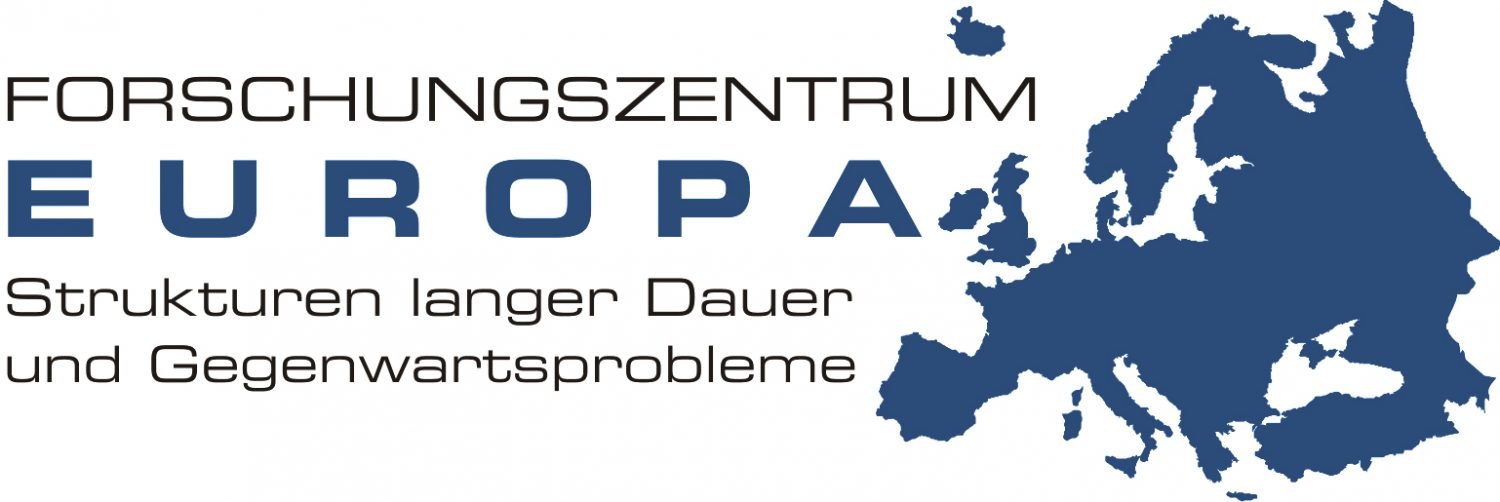Studies on the Political Work of the British Labour Party between 1983 and 1997
The research project entitled „Von Erdrutsch zu Erdrutsch: Studien zur politischen Arbeit der British Labour Party zwischen 1983 und 1997““ investigates the changed strategies for the Labour Party to gain power during its long period of opposition in the aforementioned period of the „Wilderness Years“.
The period after the boom had significant impact on the political fields of Western democracies by the 1980s at the latest. They accelerated the structurally far-reaching trend of a change in the social and economic class or stratum structure, which had been observed for some time, especially the quantitative decline of the working class and the rise of a service society with a distinct middle class. As a political consequence, a period of conservative government began in Germany in 1982 with the CDU under Helmut Kohl (in coalition with the FDP) and in Great Britain in 1979 with the Conservative Party under Margaret Thatcher and John Major, which both could not be ended by the social or left-wing democratic parties using the usual means of voter recruitment. Only through a profound organizational and content-related change, which removed the classical workers‘ parties from their former voter class, the sister parties succeeded in 1997 (Blair) and 1998 (Schröder) in regaining the majority in the parliaments and thus the government.
Although in particular the substantive change of the parties at the national level has been recorded, analysed and described by political science and partly also historical studies, there are clear gaps in research with regard to the changed organisation, the election campaign and the daily party work, and especially considering their connections with each other with regard to a ‚holistic‘ view of the interactions between the party and its (potential) voters.
The theory of capital and the field developed by Pierre Bourdieu, in particular his remarks on the political field, have been shaped and further developed in order to have a closer look at the micro level, more precisely in the constituencies of the London district of Tower Hamlets, on these connections between the party and social groups both during election campaigns and in daily dealings with each other using the analytical instrument of political work, to reveal continuities, breaks and contradictions in this change and to highlight other options in the historical development of party transformation.
